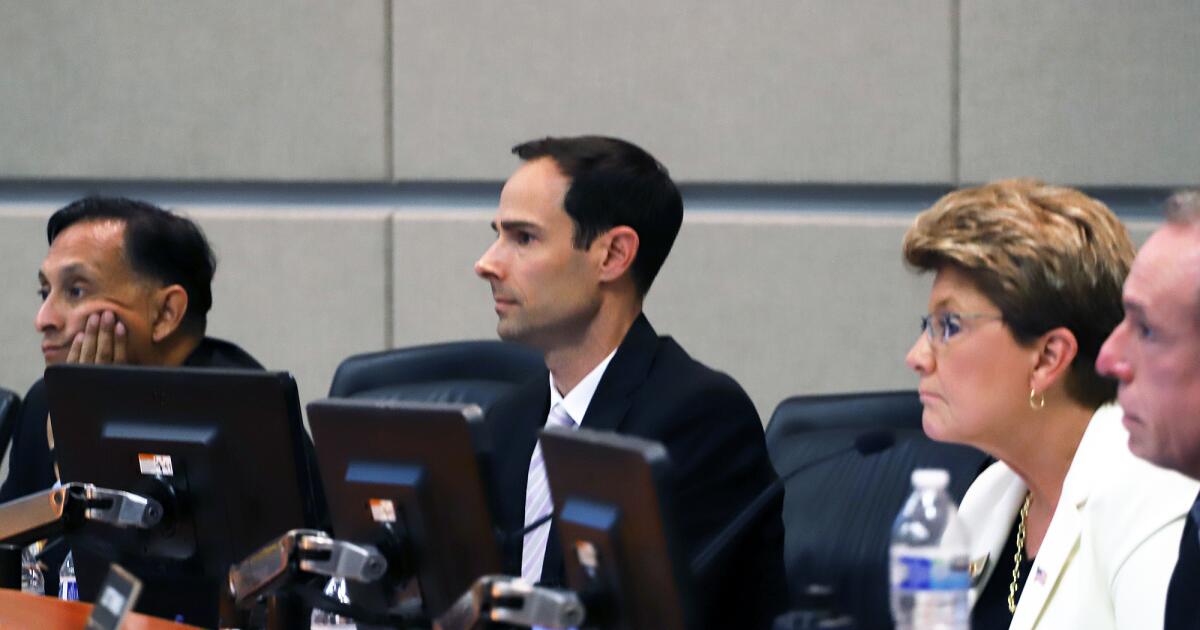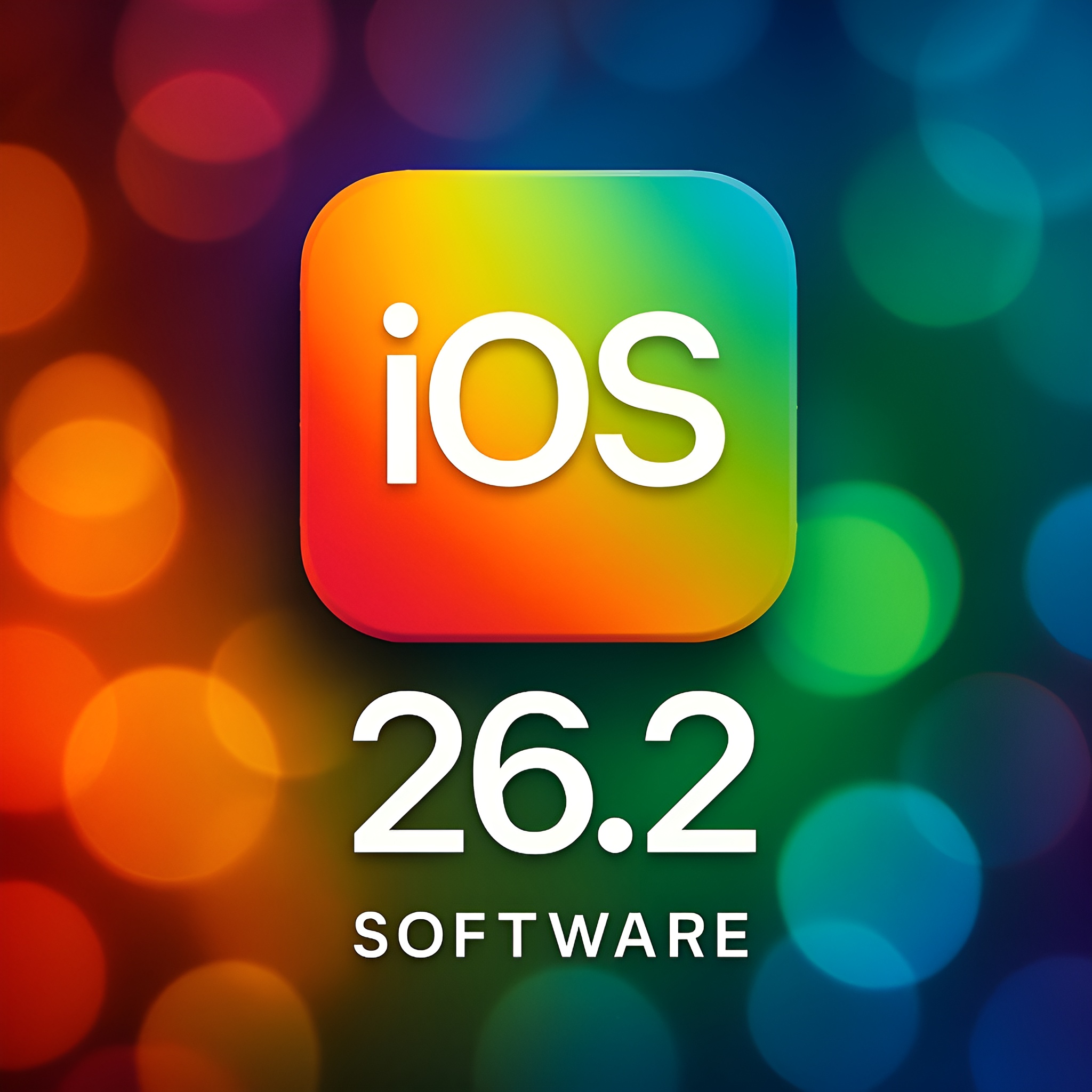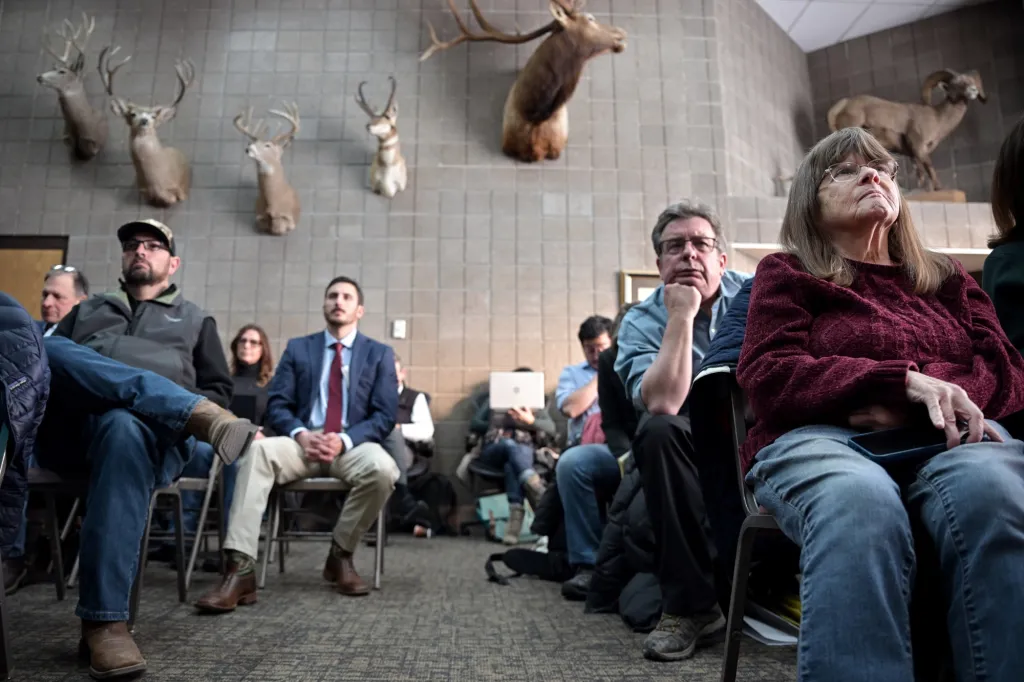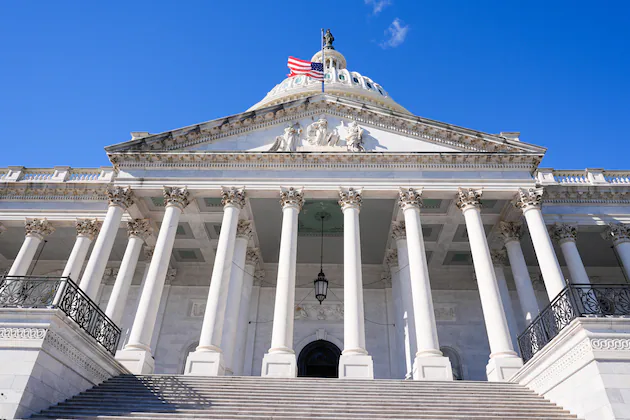Copyright Los Angeles Times

Stricter campaign contribution limits and more donor disclosures on mailers may soon change how future city council elections are run in Cypress. The Cypress City Council Monday discussed the merits of campaign finance reform, a debate that included whether to draw down the maximum contribution a candidate can receive from $5,900 to $500. Mayor David Burke originally requested the discussion in June and prepared a presentation on three possible reforms. “Many residents I’ve spoken with believe there’s been too much special interest money in Cypress elections and too little transparency over where that money comes from,” he said. “It has cast doubt on prior decisions that have been made. There are things we can do about that. There are reforms we can pass.” But before Burke could begin his slideshow presentation, Councilmember Bonnie Peat attempted to table the discussion until next year. She said that Burke did not make his presentation available 72 hours before the council meeting and she had only reviewed it herself that morning. “It’s inappropriate,” Peat said. “There’s a lot of misstatements in the presentation that I really had no chance to put together some thoughts or even talk to anybody about.” Burke pushed back on the claim and said he submitted the presentation well before the council agenda published last Friday, only for it to not be attached to the agenda until Monday morning. Burke reassured his council colleagues they would not be voting on any reforms during the table-setting discussion and there would be ample opportunity to weigh in at future meetings, should the proposals advance. The first reform he discussed seeks to lower the capped amount an individual could contribute to a council candidate to $500. Burke argued that 24 states have lower contribution limits for gubernatorial races than Cypress’ $5,900 threshold for the City Council. “Someone running for Cypress City Council can get a larger campaign contribution than someone running to be the governor of Colorado or Massachusetts,” he said. “What we have here is very out of whack.” The discussion comes as Cypress is in the middle of transitioning to single-member districts. The city fought the reform but ended up paying $835,000 last year to settle a lawsuit that alleged its at-large system disenfranchised Asian American voters. Cypress voters elected two councilmembers, Kyle Chang and Leo Medrano, by district in 2024. The final three districts are transitioning next year. Districts have already tipped the balance of power on the nonpartisan dais. Democrats now form a majority in a city where registered Democrats outnumber Republicans by fewer than 1,000 voters. Burke pushed for reforms that he argued would curb the influence of developers, unions and waste management companies. The latter factored prominently into a second proposal Burke championed that would name the top five donors on mailers sent out by political action committee. Currently, the disclosure of a PAC’s name is all that is legally required. Burke pointed to the 2022 elections when, he claimed, the Safe Neighborhoods PAC spent roughly $35,500 in support of three candidates for the council. A review of campaign disclosure forms shows the total to be closer to $48,500, with the PAC having spent roughly $11,700 in support of Peat’s election that year. Grand Central Recycling & Transfer Station pumped $22,000 into the PAC during campaigning. Valley Vista Services manages the City of Industry station and is Cypress’ contracted trash hauler through 2037, after a controversial extension. Briggeman Land & Development Co. also donated $22,000 to the PAC. George Briggeman is the company’s chief executive and onetime Valley Vista Services project director. The Fair Political Practices Commission previously fined Briggerman $15,000 in 2015 for violating the Political Reform Act by laundering money into council races in Anaheim, Lake Forest and Cypress through a Wyoming-based company. Burke alluded to that scandal in pushing for reforms that he believes would curb “pay-to-play” politics, including the possibility of publicly-financed campaigns. Peat claimed Burke blurred the lines between individual contributions and independent expenditures in his presentation on the 2022 elections, a charge he denied. “You’re making it misleading — that these candidates accepted monies,” she said of the PAC spending stats. “They did not accept monies.” Chang expressed support for continuing the discussion early next year after an appointment is made to fill the seat of former Councilmember Scott Minikus, who resigned in October. Burke asked for draft ordinances for the contribution limit and donor disclosure reforms to be brought back for a vote in January. Councilmembers supported the move 3-1, with Peat dissenting.



